
11 minute read
Student-owned fashion brands


Advertisement


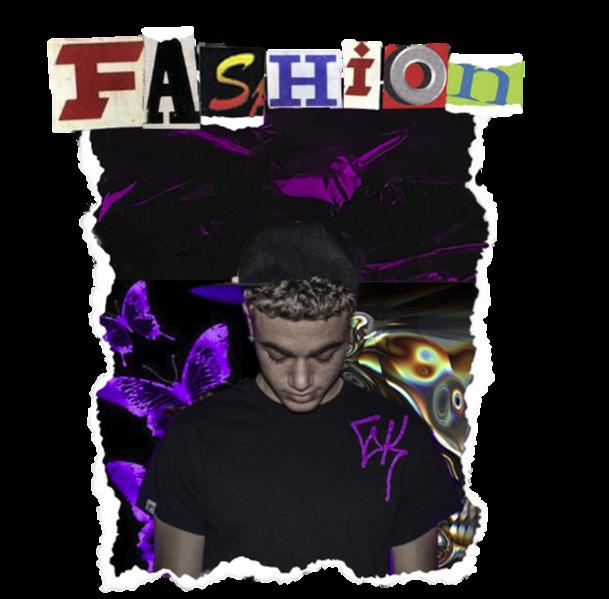
COURTESY OF GOOGLE


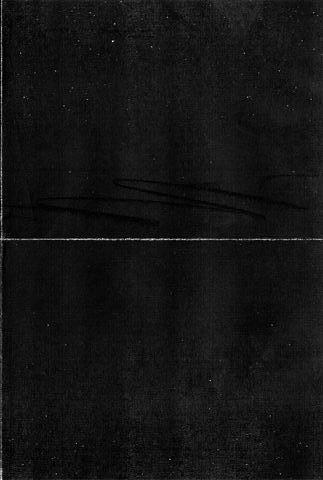


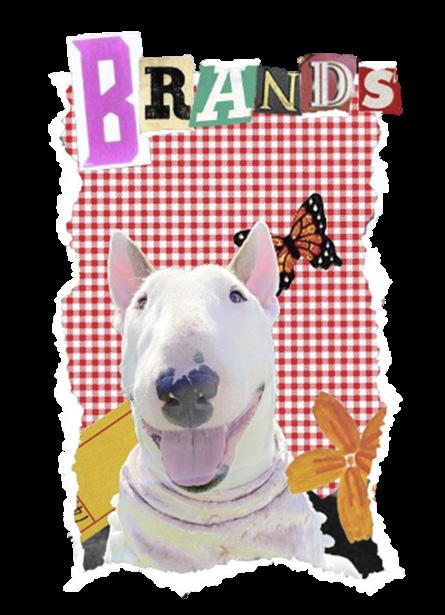


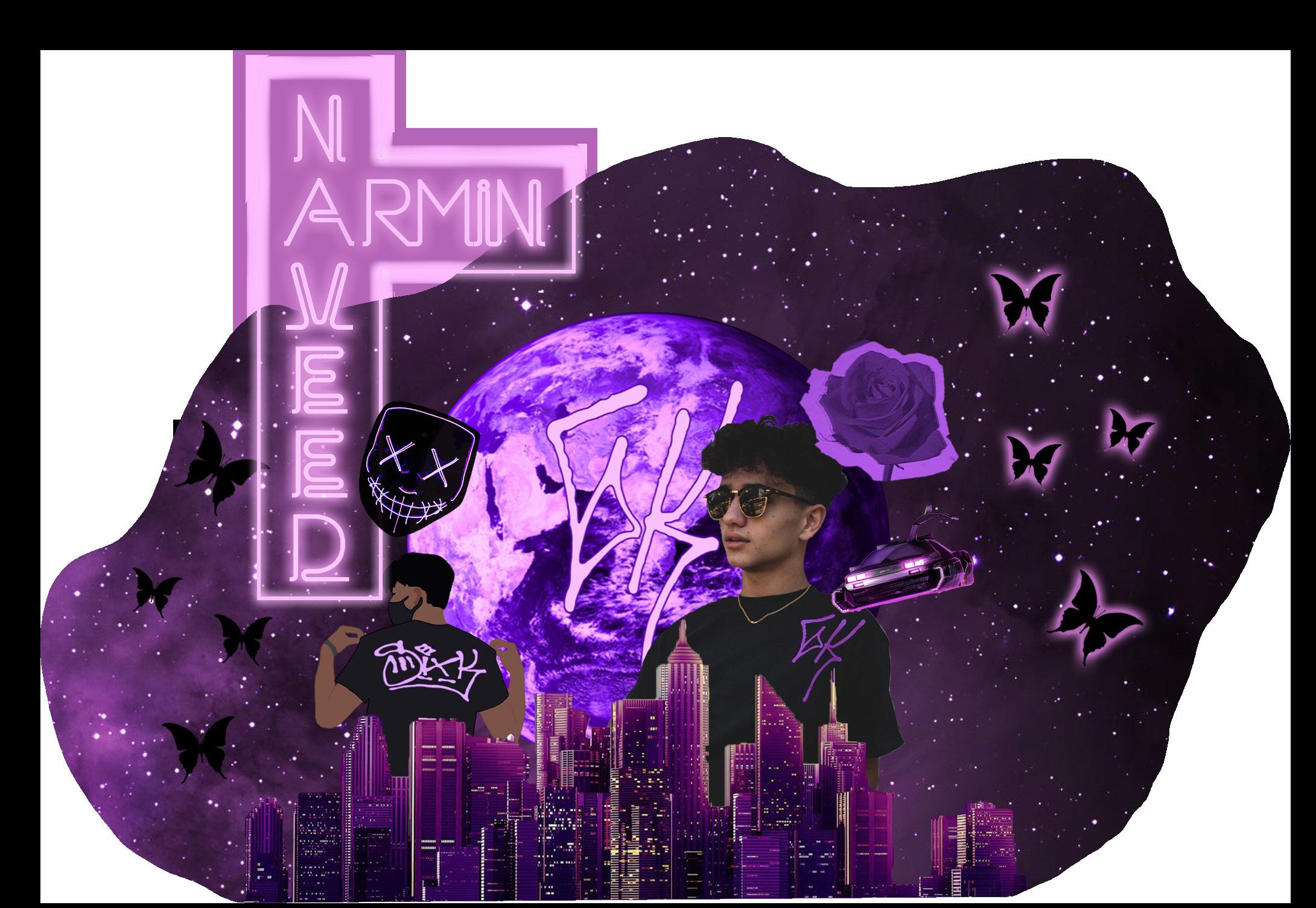
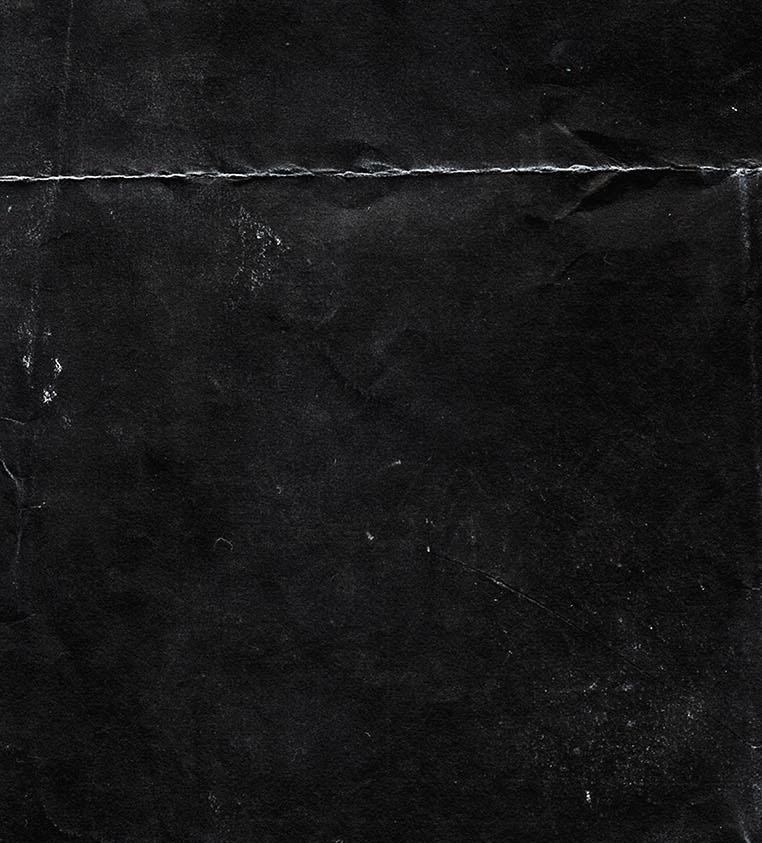
PHOTOS COURTESY OF NAVEED

STELLA JIA
writer
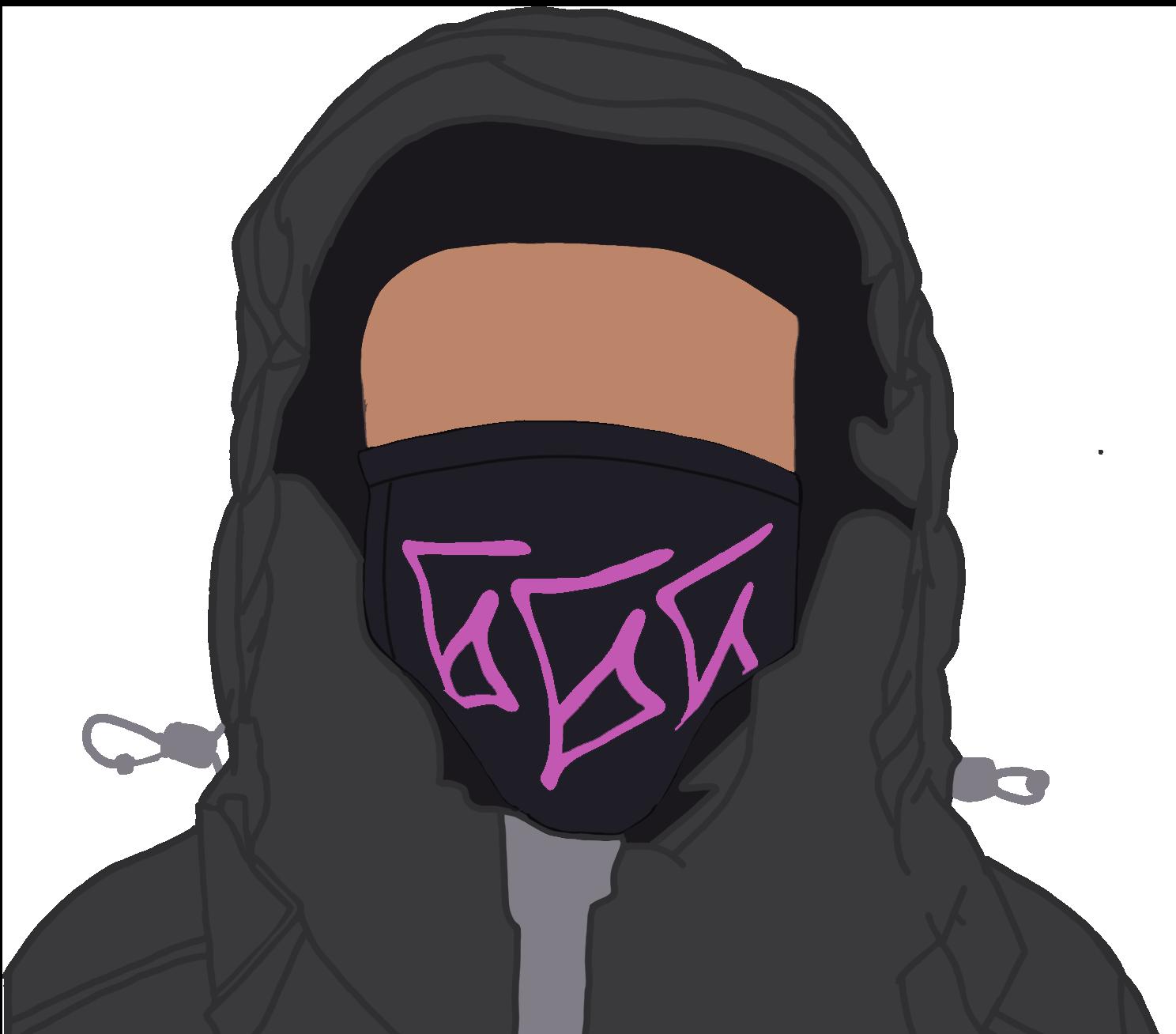
Inspired by his love for music, senior Naveed Armin pioneered the founding of “6KWORLDWIDE” based on a group called SIXK consisting of different artists working in the music, photo, and video industry.
Said Armin, “It all began in relation to one of my friends who is a musician named Eli 6k. He makes songs online and I really liked his music so I started drawing out designs around the 6k symbol.”
After Armin showed Eli his designs, one event led to another and he started making sample shirts with the iconic 6k graffiti logo. The process of building the clothing brand was far from over. As the lead, Armin
handles multiple aspects of the business including designing clothes, monitoring social media, building the website, and managing money. While setting up an online presence for “6k,” Armin began releasing more designs.
Said Armin, “In the beginning, everything I put out was all a learning process. I’ve learned the ins and outs, and what I should and shouldn’t do as a business.”
To help set the 6k brand apart, Armin made a unique Glock sleeve tie inspired by the well-known clothing brand Bape and its iconic ape symbol. The addition of the sleeve tag can be found on all of their pieces. Some of Armin’s earlier designs include the classic 6k purple tee, fallen angel hoodie, and slime green logo hoodie.
Said Armin, “I have full design control on the clothing aspect of 6k. I try to incorporate everyone’s thoughts and creativity from 6k when it comes to designing my pieces. All in all, being as creative as possible is key and I’m excited about our future plans.”
As Armin continuously works to grow 6k, his work has started to get noticed and praised by some wellknown artists. One of the most recent additions to the brand is the Thugger tee (featuring rapper Young Thug) which was recognized by the rapper.
Said Armin, “I had the opportunity to come in contact with Young Thug himself. I tried to send the Thugger tees to people on his team and they ended up recording him putting on the shirt and he probably said the best thing possible, ‘I mess with the shirt.’ That was a dream come true. He’s one of my favorite artists and an inspiration for the kind of mindset I want to be in.”
As some artists began repping the brand, 6k has been able to gain some more credible attention giving it a very positive outlook. Although Armin has been on a short break this past month to catch up on schoolwork, his future plans for 6k are far from over. Despite his busy schedule, he utilizes social media to interact with all his supporters. Said Armin, “The support really means a lot. When it comes to building something or establishing yourself, consistency is important. After finding that consistency, just keep doing what you love and what brings you joy. I like creating things and hope to continue doing that in the future”
I want 6k to become a unique streetwear brand but also in the future as I learn more and establish my skills to have more custom one-on-one pieces
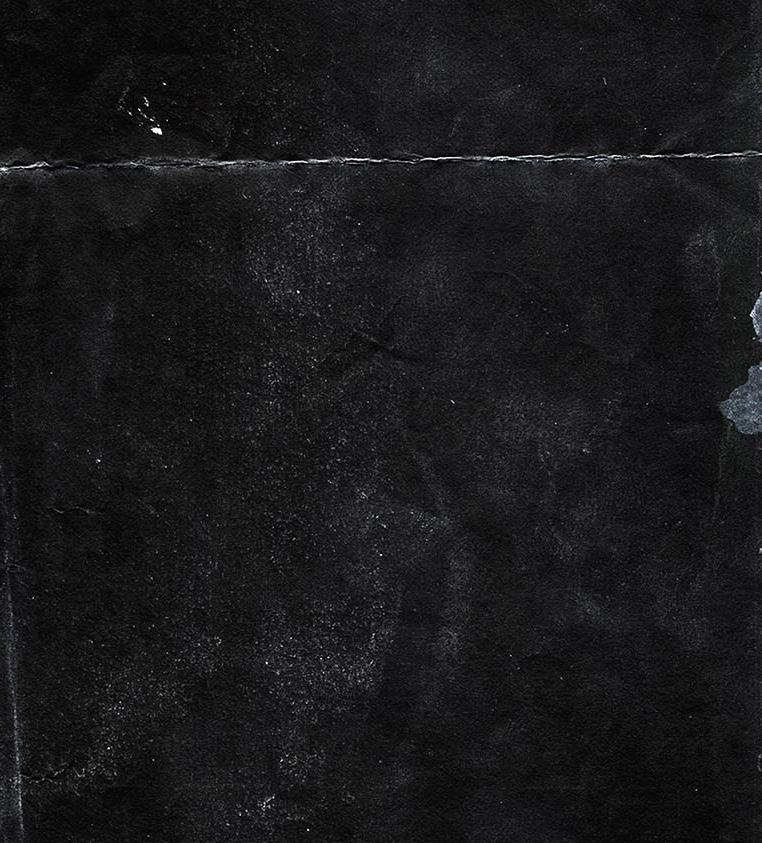


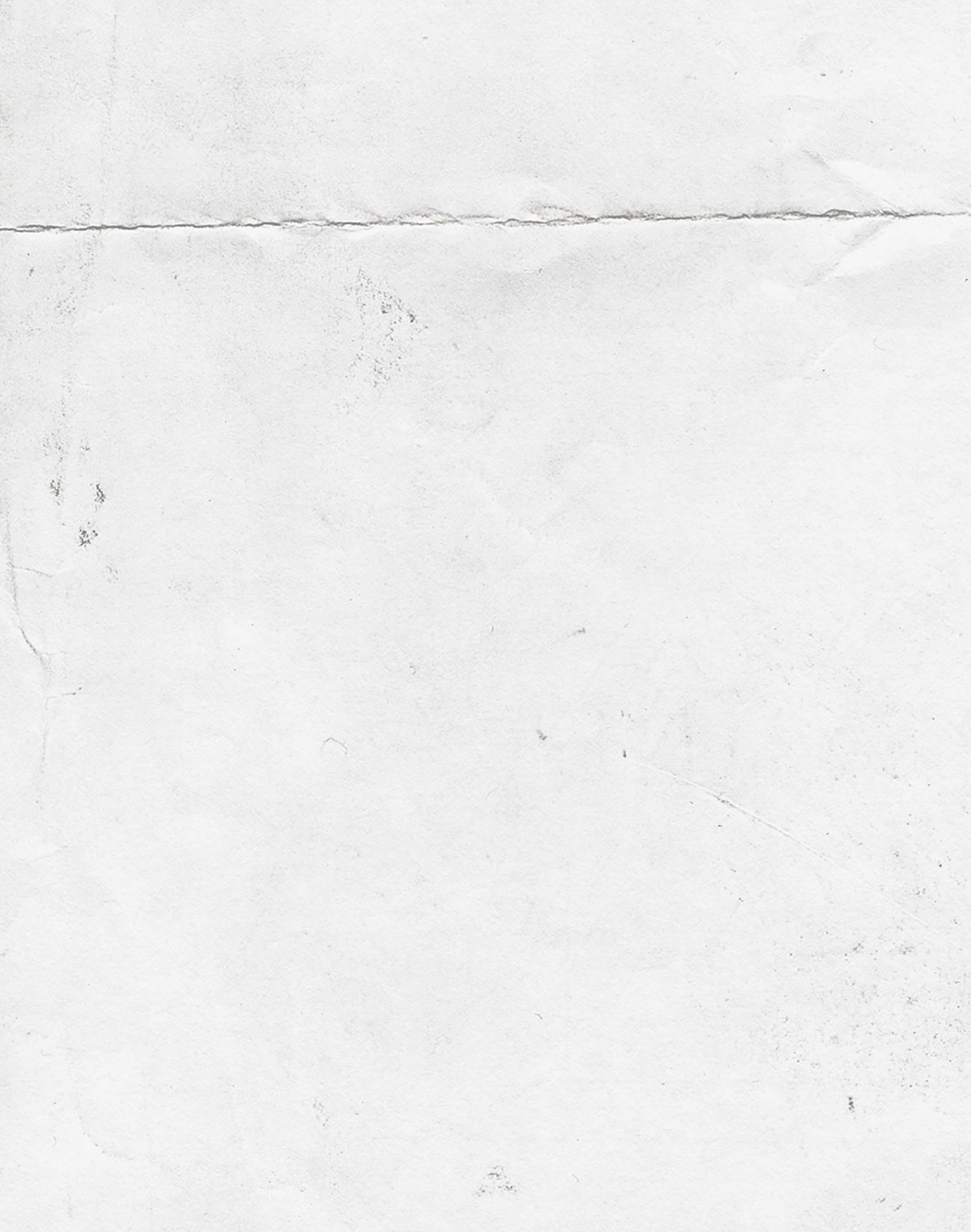

JENNY WU
copy editor

What’s the first thing you think of when you hear about a student entrepreneur? “People don’t think I actually work. They think that my business is just there.” Said senior Yashik Dhanaraj, founder of UrbanFits, a minimalistic men’s fashion line striving to provide quality clothing at affordable prices.
Contrary to popular belief, Dhanaraj spends a majority of everyday working on his business. Said Dhanaraj, “I think it was 2019, and I was kind of going through a rough time by myself. I wasn’t really proud of my self image so I got into self care.” Searching for interests and a potential career to pursue, Dhanaraj got into fashion, which gave him more confidence in his appearance. Having been a part of clubs like Future Business Leaders of America, he began exploring entrepreneurship.
Officially launching his store August 10th of 2020, Dhanaraj actually began working on his fashion line five months prior, when the lockdown started in March. Said Dhanaraj, “When school shut down, I was like, ‘Okay, I’m going to start this,’ because I had a lot of free time, but I was also having trouble finding clothing brands that I was happy with.”
In comparison to designer brands like Gucci and Supreme, Dhanaraj values his customers’ wallets and their appearance. Said Dhanaraj, “Let’s take a Gucci shirt for example. I think that t-shirt is $500. That t-shirt, from my experience, can be made with $2. And out of that $2, you would spend 50 cents on the screen print to get the logo on it. Then, the rest is for the t-shirt, and their markup is $498. People save up so much money to buy it, and when they get it, they don’t even wear it as much because they figured out that it’s not cool.”
Not only does he create his own products, Dhanaraj also empowers his customers to express themselves with a blank canvas through minimalistic fashion. By including his own Men’s Style Guide, Dhanaraj attempts to connect with his website users through fashion advice by showing them the basics to making the most out of an outfit. Said Dhanaraj, “If you think about larger stores, they think of their customers as a number that they can add to their profit. For me, it’s not like that. It’s more to tell them about the minimalism lifestyle, my story and how to better yourself through this medium. I even refer to people as ‘dude’ or ‘brother’, because I feel like anybody who’s been through the same thing as I have just wants to get better. They’re kind of like family to me, and I want to make them feel better about themselves.”
With his goals in mind, let’s take a look at what must happen for Dhanaraj to put an item on his store. First, he does product and market research to find something that is in trend and fits his ideals. Said Dhanaraj, “I would look at what materials I should use. For example my chain is stainless steel and my shirt is bamboo, which is environmentally friendly.”
Next, he finds a manufacturer that makes the same kind of item and begins designing his product. Said Dhanaraj, “I would draw a sketch. For example, how I would want the links to go, how I want the pendant to connect to the necklace and any different variants and colors.”
After designing the chain, Dhanaraj polishes it on Photoshop and sends the design back to the manufacturer. Usually, it takes around three rounds of feedback before the manufacturer accepts the design and sends a sample for Dhanaraj to test out. Said Dhanaraj, “That’s the biggest part. I wear it in outfits that I think matches, check the color-blocking and test the wear and tear of it. If it was a shirt, I would put it in the washer or the dryer and see what happens. If it fades or shrinks, I would have to change materials.”
Once he’s set on a product, Dhanaraj figures out how many pieces he should make and determines his marketing strategy. Said Dhanaraj, “There’s a waiting period of three weeks to one month where I’ll do product pictures. If I need to get a model, I’ll try to do an Instagram photo shoot and make sure that it’s included on the Instagram shop so customers can see the price and directly go to my store. I also add it to the style guide so that customers know what accessories I’m talking about there.”
Needless to say, running a clothing business by yourself takes a lot of work, and Dhanaraj finally began seeing his efforts pay off when he began getting noticed by others. At times, influencers would reach out to Dhanaraj willing to promote his products on platforms like Instagram, Youtube and TikTok. Said Dhanaraj, “I’m especially proud when happy customers come back with advice or even asking me for advice.” With a bright future in mind, Dhanaraj hopes to hire more employees and potentially start a Youtube channel dedicated to his journey with UrbanFits


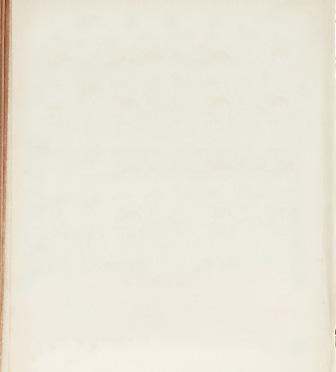

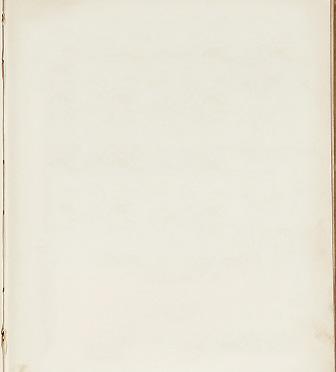
MEGHANA VINJAMURY
social media manager
Sophomore Amber Yao’s interest in sewing sparked from her ample amount of free time in March 2020. Around the same time, she discovered a couple of small businesses that manufactured little bandanas for puppies. After purchasing a few for her pup Mochi, she realized how expensive they are and decided to make them herself. Within a few weeks, she opened Bark Apparel Co. to offer affordable (and adorable) bandanas for all puppies.
Starting a small business seemed daunting at first. Yao mentioned that when she first began Bark Apparel Co., she was confused about its logistical aspects. Having a few friends who had experience in small businesses proved to be extremely helpful. Said Yao, “I must have bugged Adventurous Pup Co. a dozen times on how to do my business taxes and how to sell on Etsy.”
Taking other similar businesses as an inspi-
ration enabled Yao to work harder and motivated her to keep going despite her challenges. Said Yao, “Tails Up Pup was such an inspiration because the founders were able to quickly grow their brand, as well as make it their full-time job. I think seeing the success of other similar businesses is so encouraging because it shows that there is a market for my product and gives me hope for achieving that kind of success someday.”
After a couple of product launches, Bark Apparel Co. gained traction among many furry companions. “I think one of my proudest moments of Bark Apparel Co. is when I started shipping my products internationally. I have shipped all over the world to places like Canada, United Kingdom, and Australia. It is so amazing to see pups all around the world in my bandanas.” said Yao.
One of the critical factors to Yao’s success was her model and ambassador team. “Another thing that makes me proud of Bark Apparel Co. is that it has an amazing model and ambassador team. They promote my launches, purchase from my shop, and help me decide on future launches.”
Feedback from her supporters is a crucial part of the design process. Said Yao, “In the beginning, I usually pick out way too many fabrics, but would then ask my followers which ones they like and which ones they don’t. Doing this helps me narrow down my choices, and I purchase the fabrics that more people prefer.” Additionally, she asks her followers for suggestions on products they would like to see in the future and how she could improve her shop. Said Yao, “Having this kind of feedback is what helps me improve Bark Apparel Co. the most, as I get to know what my customers like and dislike.”
A common challenge that most students face when they open a small business is managing their company and personal life simultaneously. “Finding the right balance between finishing my schoolwork and fulfilling online orders was hard at first, but after a year, I have developed a good rhythm that works for me. I have dedicated days for cutting all my fabric, sewing, and shipping my orders. I also sometimes multi-task; for example, I often watch my favorite TV shows while I cut or sew fabric” said Yao.
Yao intends on reaching 300 items sold, 4,000 followers on Instagram, and 200 followers on TikTok soon. Some of her long-term goals are to collaborate with popular dog influencers, send packages to all the U.S. states, and partner with nonprofit organizations to raise money for their causes







